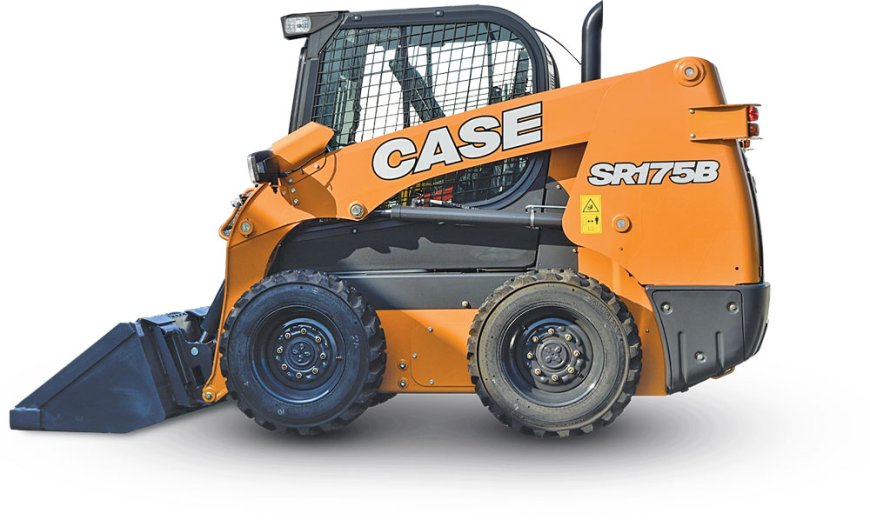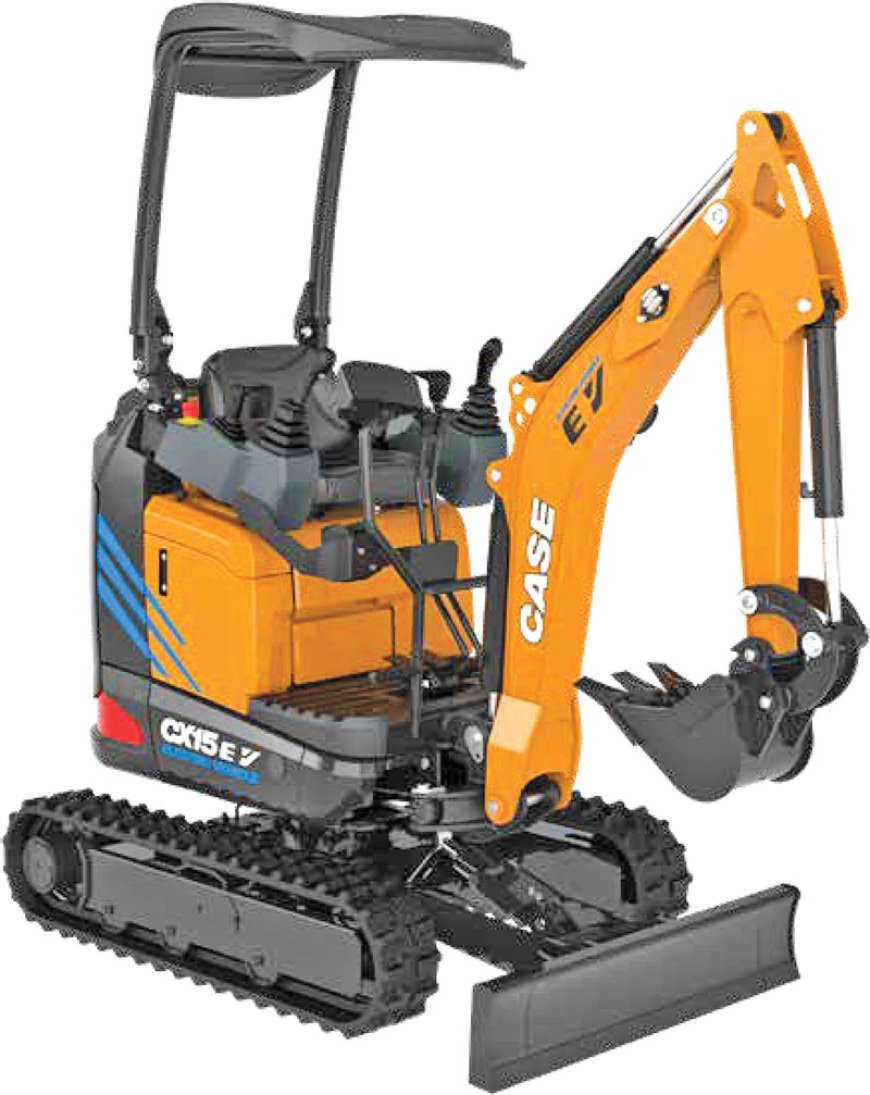The growth scenario of the Indian construction equipment industry is highly promising.

Shalabh Chaturvedi
How do you view the growth scenario of Indian construction equipment industry?
India's construction equipment industry experienced a 26% increase in sales, reaching 1,35,650 units in the 2023-24 fiscal year, driven by the government's infrastructure-led growth agenda. According to the Indian Construction Equipment Manufacturers' Association (ICEMA), the industry sold 1,07,779 units in the previous fiscal year. This growth is a direct result of the government's infrastructure-led growth agenda and the pre-election push for projects in the pipeline. With continuous investments in infrastructure and urban development, the industry is poised for further expansion, offering tremendous opportunities for innovation and technological advancements.

We view this growth scenario of the construction equipment industry as highly promising. The government's emphasis on infrastructure development and urbanization is driving significant demand for advanced and efficient equipment. With initiatives such as 'Make in India' and increased investments in smart cities, we expect the industry to experience steady growth in the coming years.
As India is set to become the third-largest construction market globally, what opportunities do you visualise for construction equipment industry?
India's emergence as the third-largest construction market globally brings significant opportunities for the construction equipment industry. The sector is evolving towards sustainability through innovative methods. As infrastructure projects expand, there's a rising demand for advanced, reliable, and efficient machinery. This growth allows us to introduce innovative products tailored to India's needs, such as equipment for diverse weather conditions and sustainable practices like recycling materials. The move towards smart technologies and automation will enhance productivity and efficiency, fostering industry growth.

Green construction practices, including recycling and effective waste management, are pivotal. In Uttar Pradesh, single-use plastics are mixed with bitumen to build roads, reducing environmental waste. Equipment manufacturers contribute by offering fuel-efficient, low-emission machinery. Modern equipment features energy-efficient engines and systems, aligning with global sustainability goals. We ensure our equipment meets stringent environmental and safety regulations, supporting sustainable construction in line with national and international guidelines.
How is emission playing a major role in the current market scenario? What are the steps taken by you to bring in sustainability in your product range?
Emissions are crucial in today’s market as they impact environmental regulations and customer demand for sustainable solutions. At CASE, we adhere to the BS CEV IV emission standard and are prepared for the BS CEV V standard effective January 1, 2025. We showcased BS CEV V compliant machines at EXCON 2023 at Bangalore. Our equipment includes fuel-efficient features like the CASE Intelligent Hydraulic System (CIHS) in excavators, enhancing productivity by 5%. Additionally, our loader backhoe with the FPT S8000 engine offers up to 24% fuel savings, balancing fuel economy, productivity, and efficiency.







